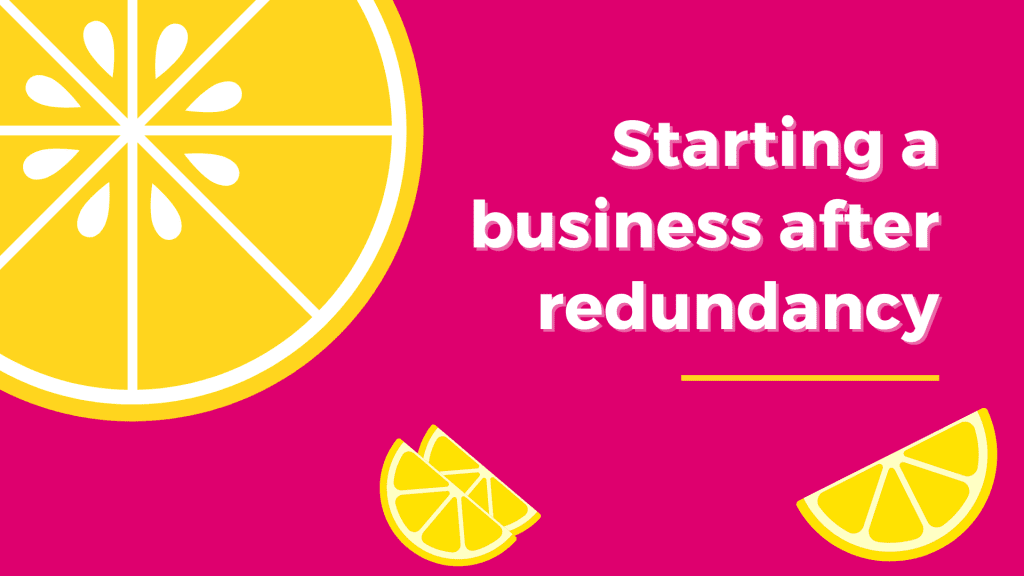
Facing redundancy can be incredibly challenging, but it could also be the perfect time to start a brand new career…

Facing redundancy can be incredibly challenging, but it could also be the perfect time to start a brand new career…

If you complete a tax return you may have to pay your tax twice a year. This sounds like it…
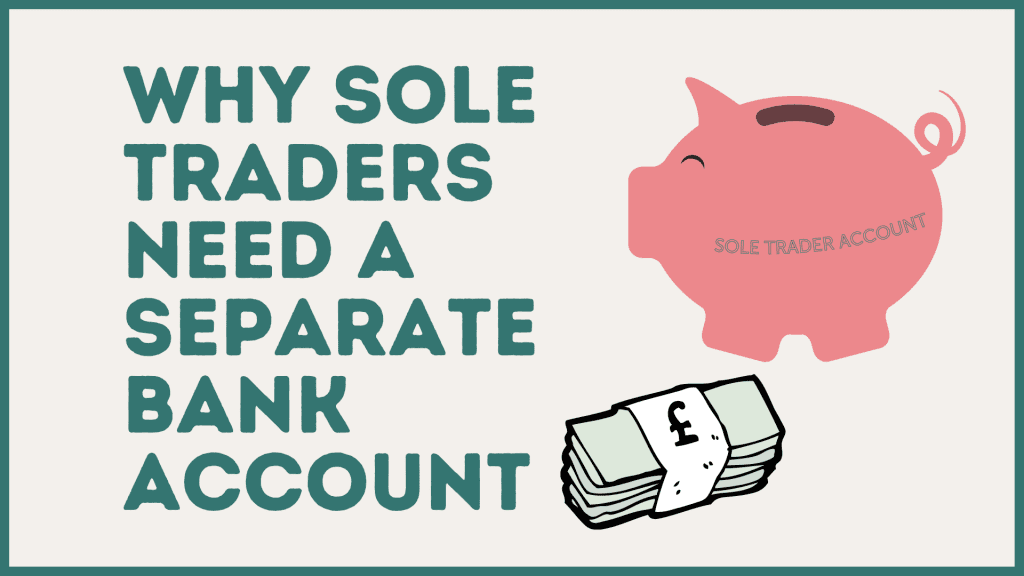
If you are just about to become a sole trader, or have been one for a while, you might be…
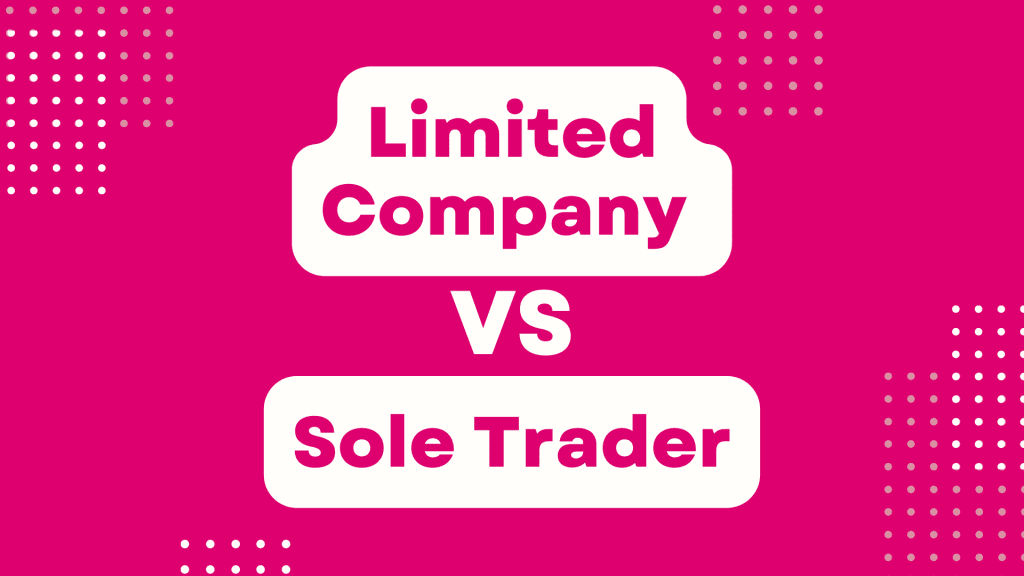
Have you been thinking about switching to a limited company because of the upcoming changes due to Making Tax Digital?…
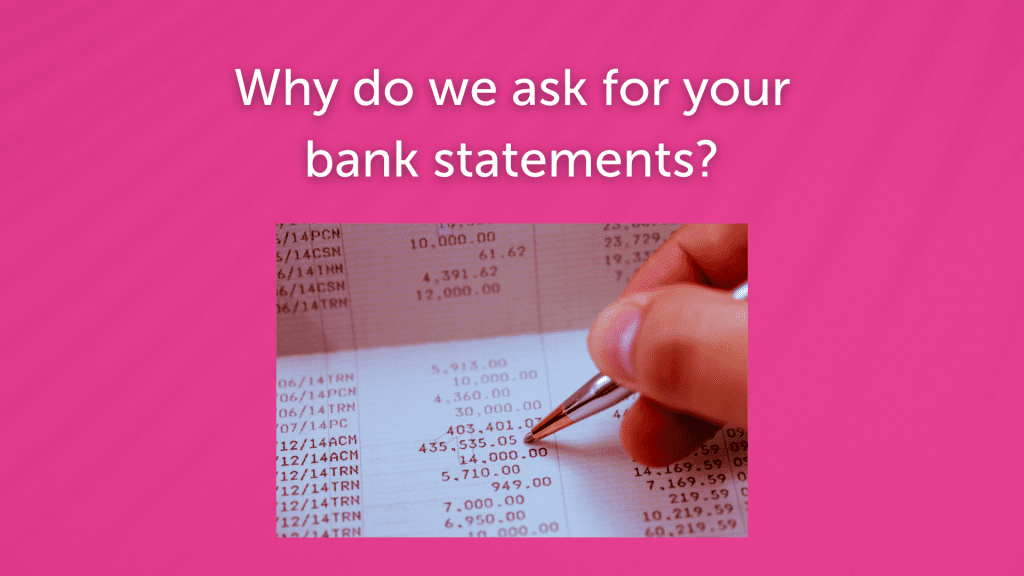
Depending on which service you are on, you will find that you receive requests from members of our team asking…

Self-employment can be a great option for people who want to spend more time with their family or want the…

In today’s competitive business world, it is not uncommon for people to do their own bookkeeping and accounting. There are…
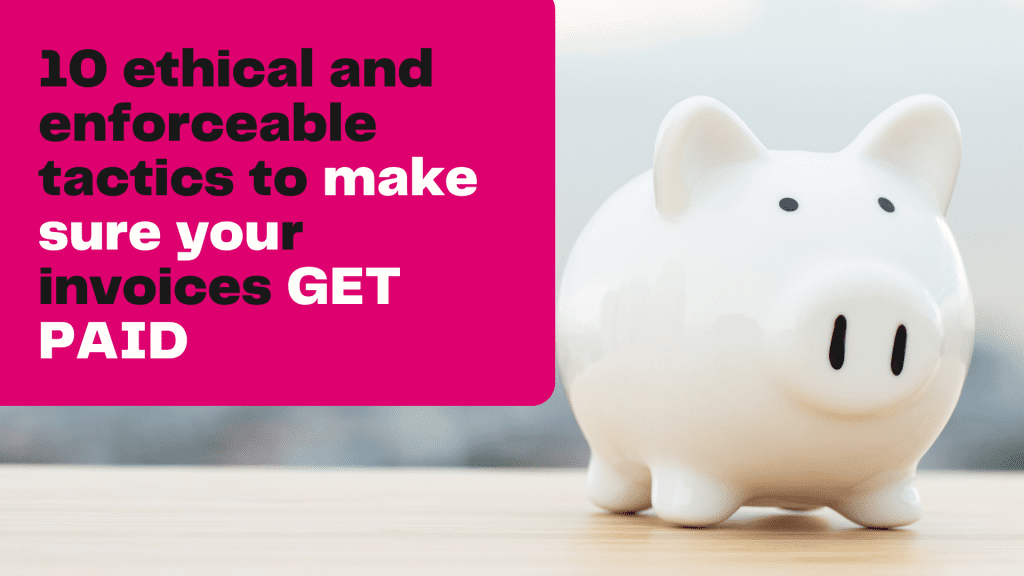
Wouldn’t life be simple if you could guarantee that your invoice would get paid on time every time? Sadly, this…

If you want to build your business (not your workload) and you want to spend time on doing the things…

Each year HM Revenue & Customs (HMRC) undertake an enormous number of tax enquiries into individuals and businesses to check…